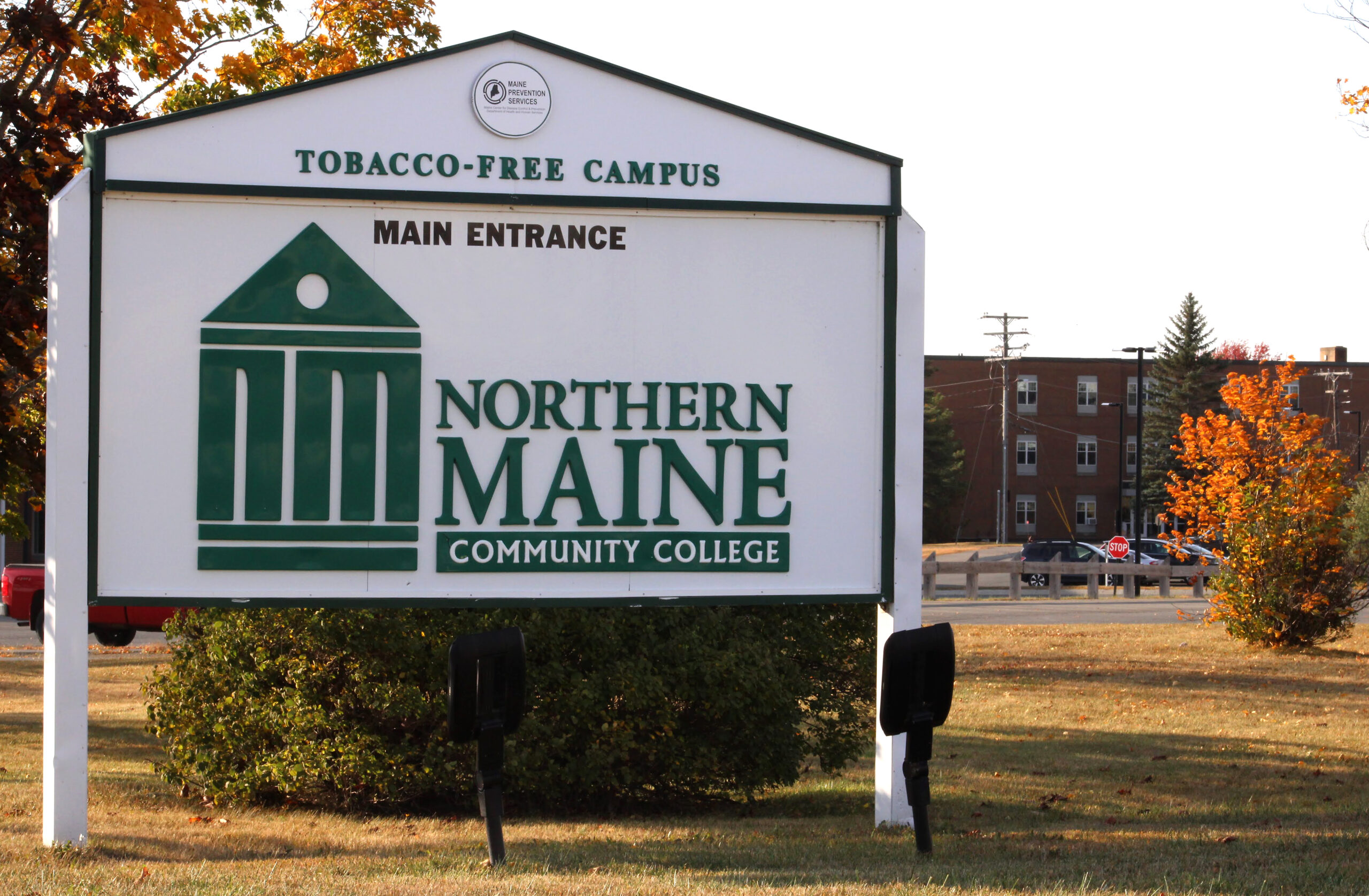
PRESQUE ISLE, Maine — Northern Maine Community College has seen a 6 percent decrease in its overall student population this fall compared to the recently published 8 percent decrease of students in the Maine Community College System.
The percentage of first-year students entering NMCC this fall have dropped 10 percent from fall 2019 while nontraditional students now make up 49 percent of the student population, a 3 percent jump from 2019.
President Tim Crowley noted that many factors, including efforts to prevent COVID-19 spread, economic uncertainty and family obligations have played a role in why some students have chosen not to begin or continue college this year.
To reduce the number of people on campus at any given time, NMCC faculty and staff have reconfigured classroom and lab spaces to accommodate social distancing. Programs such as diesel hydraulics and electrical construction and maintenance have enrolled fewer students and redesigned classroom spaces. NMCC has also decreased the number of students living in residence halls from around 120 to 50.
“With diesel hydraulics and electrical construction, we had to move the classroom space into the labs because the classrooms would’ve been too small,” Crowley said. “When you combine the equipment we use to train students and the students themselves, there isn’t enough room for as many people.”
Instead of enrolling approximately 18 students in diesel hydraulics, that program now has 12 students whereas electrical construction has 16 students compared to 22 in fall 2019. Due to the high demand for the registered nursing and other health care programs, though, students in those classes meet at different times in smaller groups.
Although most courses in the arts and sciences and business departments are being taught online, Crowley said that keeping hands-on trade, technical and medical experiences available is crucial for students’ success in those fields. He attributes the online component as one reason some high school graduates have opted not to begin college this fall.
“Some students just aren’t interested in online learning. A good portion of what we offer here is hands-on instruction, which is something many students prefer,” Crowley said.
With the pandemic creating economic uncertainty throughout Maine, NMCC has seen an increase in people completing short-term, workforce-based training as opposed to the college’s traditional two-year programs. Workforce training homes in on specific skill sets needed for people to find work more quickly in the trades or to advance in their jobs.
To assist students who are dealing with financial hardships, NMCC has partnered with Maine Community Foundation and Maine Community College System to provide more than $180,000 in emergency funds that allow students to continue their educations.
“We’ve had folks who would not have been able to afford college otherwise; those who are sending their own kids to school or dealing with the challenges of working from home and raising families during this pandemic,” Crowley said.
Even with pandemic-related setbacks and restrictions at the college, many students still decided to begin their college careers this fall. Jacob Vereneau of Madawaska, a student in the electrical construction program, said that he chose NMCC due to the hands-on experiences he hoped to gain in a small college environment.
Thus far Vereneau has found that even with the COVID-19 restrictions, his instructors have taught him the most important skills he’ll need when pursuing a career after college.
“Within my schooling here I expect to learn more about how to stay safe [in the electrical construction field] and how to work hard the right way,” Vereneau said. “COVID-19 has made learning different, but if you don’t work toward your goals they’ll never happen.”
Jackson Blythe, a nursing student from Machiasport, came to NMCC in hopes of starting his path toward becoming a family nurse practitioner in a small rural hospital. He said that the COVID-19 guidelines have been “easy to follow,” and that NMCC is still providing students with great hands-on career experiences.
“I consider myself lucky to be able to go to a clinical site [at an area hospital] and to be able to utilize the simulation lab [at NMCC],” Blythe said. “I very much appreciate the faculty members’ hard work so that we are still able to get the best nursing education possible.”
Looking ahead to the spring semester, Crowley expects that NMCC will continue with its current COVID-19 guidelines, especially if the statewide case trends continue to increase. But he credits the faculty and staff for adjusting to the changes and continuing to put students’ needs first.
“We have a lot of positive things happening on campus. The work ethic of the people here has helped us to keep moving throughout all of this,” Crowley said.





